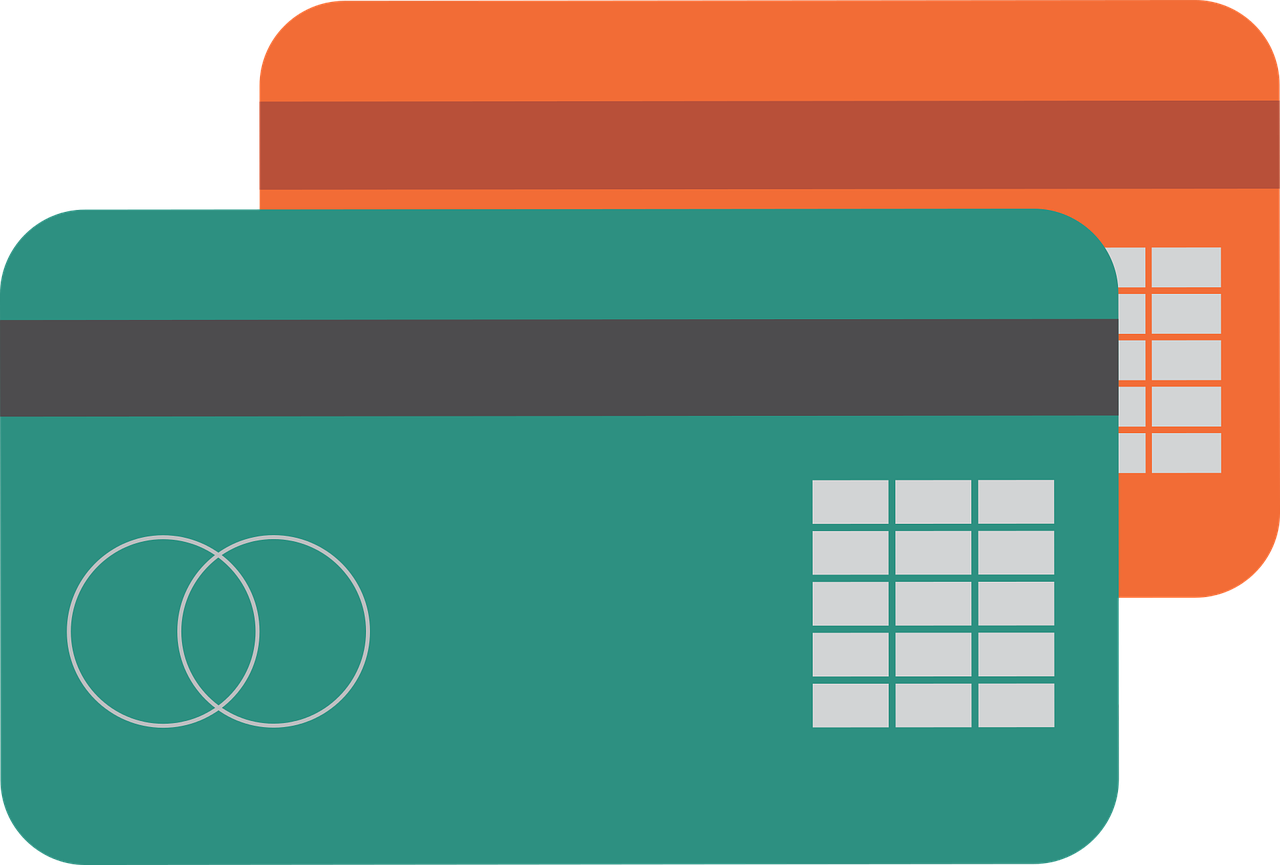The digital banking industry is accelerating around the world, primarily because of recent regulatory reforms that make it easier for new start-ups to provide customers with financial services.
Now, customers are no longer limited to a single bank offering a menu consisting only of items planned, created, promoted, and endorsed entirely by the bank itself.
Today, there is a world of digital banking apps at our fingertips that are fast and easy to start using. Read on to learn more about digital banks and credit cards.

What Is Digital Baking and Why Is it Essential?
Digital banking portals allow banks to provide customers with access through their PC or smart device to traditional banking services. Often referred to as e-banking, digital banking has evolved rapidly in the last decade.
For both banks and clients, digital banking is much more convenient. By not having to drive to a physical venue, consumers save precious time and money. Also, since they don’t require the client to travel with funds in hand, their transactions are more secure.
Through e-banking portals, banks gain vast amounts of versatility and savings. Online interfaces allow them to save money on infrastructure costs as well.
Types of Digital Banks
A neobank is a bank focused on fintech (financial technology) that operates entirely digitally or through a mobile app, which means most things a traditional bank can do, minus the physical branches.
Neo banks do not have a banking license. However, neo banks provide bank-licensed services by partnering with financial institutions. Neo banks usually also enable clients to have an account at an existing licensed bank and have more user-friendly interfaces and fee-free services.
Beta banks are joint ventures or branches of existing banks that provide financial services through the license of the parent company. Beta banks are often formed to enter new markets, providing limited services, but with a broader customer base.
Non-banks have no relation to conventional licenses for banking. They offer financial services by other means instead, and this unique model enables the organization to work independently of existing banks.
Benefits of Digital Banks

If more digital banks arrive on the market, the advantages they introduce are necessary to consider. Digital banks can be more versatile in the way they offer services to customers and how they acquire them.
Accessibility is one of the key upgrades digital banking brings to the industry. Although, a personal approach may be what you want in some situations, such as when requesting a loan or applying for a mortgage. In other cases, there is no advantage to in-person transactions.
Credit Cards from Digital Banks
In many cases, applying for a credit card from a digital bank is easier than applying for one from a traditional financial institution. Because of its digital aspect, you can access the application right from the banking app.
Keeping current on your credit account is easier too, with the banking app available right on your mobile device.
Conclusion
Digital banking helps you conduct banking transactions 24 hours a day. Such international accessibility has helped to advance the global economy. Today, the center of our global financial system is digital banking.
